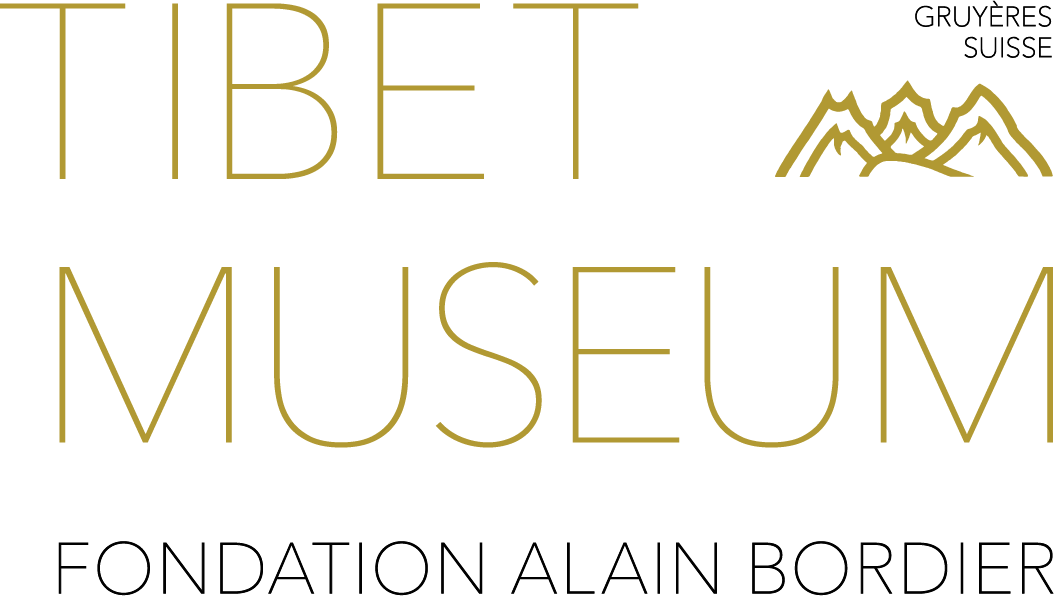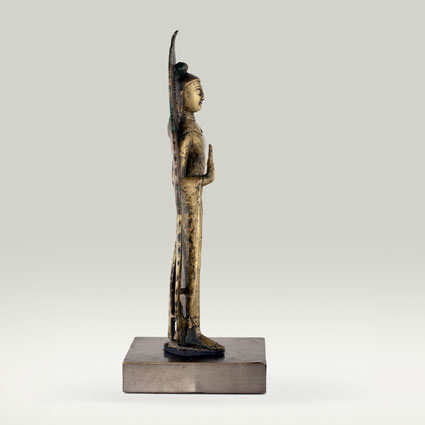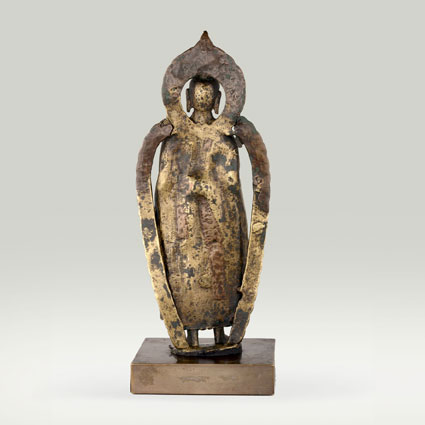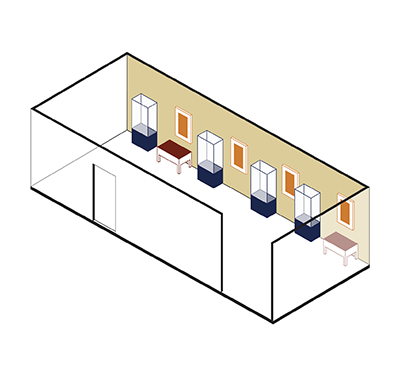ABS 044
Code: ABS 044
Country: India (north-west)
Style: Kashmir Region
Date: 1000 - 1050
Dimensions in cm WxHxD: 11.4 x 25.5 x 11.4
Materials: Brass
Buddha Shakyamuni displaying the gesture of fearlessness (abhaya-mudra) with the right hand.
The Buddha is standing in a slightly bent attitude on a circular stand. He holds the right hand uplifted in the gesture of fearlessness (abhaya-mudra), and the left hand holds the edge of the monastic robe in the “ring hand gesture” (kataka-mudra). The upper monastic garment (uttarasanga) covers both shoulders. This Buddha statue is probably the product of a Kashmir craftsman working for patrons of the Purang-Guge kingdom in Western Tibet.
The Buddha is standing in a slightly bent attitude on a circular stand. He holds the right hand uplifted in the gesture of fearlessness (abhaya-mudra), and the left hand holds the edge of the monastic robe in the “ring hand gesture” (kataka-mudra). The upper monastic garment (uttarasanga) covers both shoulders. This Buddha statue is probably the product of a Kashmir craftsman working for patrons of the Purang-Guge kingdom in Western Tibet.





